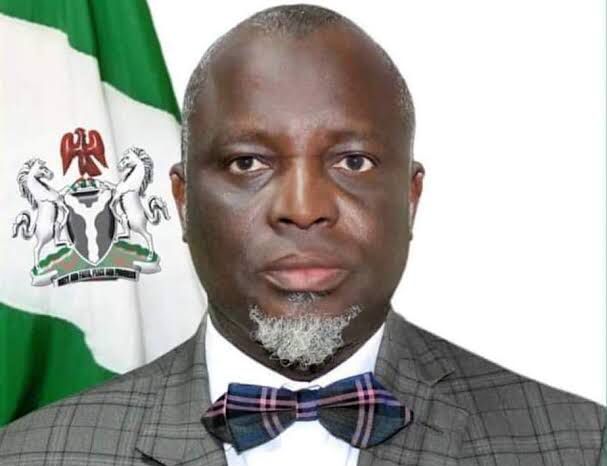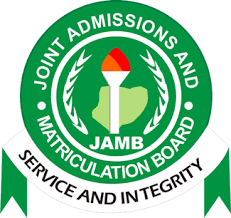In a recent development that has caught the attention of Nigeria’s education sector, Professor Ishaq Oloyede, the Registrar of the Joint Admissions and Matriculation Board (JAMB), has strongly advised universities to stop admitting underage candidates. This warning came during the opening of the seventh biennial conference of the Committee of Pro-Chancellors of state-owned universities in Nigeria, held in Lagos on Tuesday.
Professor Oloyede emphasized that admitting underage students is not only irregular but also illegal. He shared a concerning incident where a European country contacted JAMB to verify if a 15-year-old Nigerian student had actually graduated and applied for a postgraduate course. This situation highlighted the potential risks to Nigeria’s educational reputation and integrity on the international stage.
The JAMB Registrar pointed out that state-owned universities, which outnumber federal universities, need to be particularly vigilant in this matter. He also raised concerns about the illegal admission of diploma students, citing an alarming case where about 3,000 out of 9,000 admitted diploma students came from a single university. Professor Oloyede stressed the importance of accountability, warning that such practices could seriously damage Nigeria’s education system.
At the same conference, Professor Ibrahim Gambari, a former Chief of Staff to the President, urged pro-chancellors to develop action plans to make state-owned universities as competitive and attractive as federal and private institutions. He suggested that these universities should focus on creating specific niches to exploit their comparative advantages, which could help in brand creation and recognition.
The conference, themed “Effective university governance: Role of stakeholders,” also addressed other challenges facing the Nigerian university system. Senator Joshua Lidani, the Chairman of COPSUN (Committee of Pro-Chancellors of State Universities of Nigeria) and Pro-Chancellor of Gombe State University, highlighted issues such as corrupt practices, impersonation, inadequate funding, and the proliferation of universities. He also mentioned problems like indiscriminate dissolution of governing councils and incessant strikes by ASUU (Academic Staff Union of Universities) and other labor unions.
The discussions at the conference underscored the need for comprehensive reforms in Nigeria’s tertiary education sector. While acknowledging that the conference alone cannot solve all these problems, Senator Lidani expressed hope that it would raise public awareness about the threats to good governance, standards, and quality in the tertiary education system. He believes that by pointing the way forward, the conference can advise on how stakeholders can play a better role in improving educational standards in Nigeria.
This call for action by JAMB and other education leaders comes at a crucial time when Nigeria’s education system is facing numerous challenges. The focus on preventing underage admissions is just one aspect of a broader need for improved governance and accountability in universities. As the country strives to enhance its global educational standing, addressing these issues becomes paramount for ensuring the quality and credibility of Nigerian university degrees both at home and abroad.





